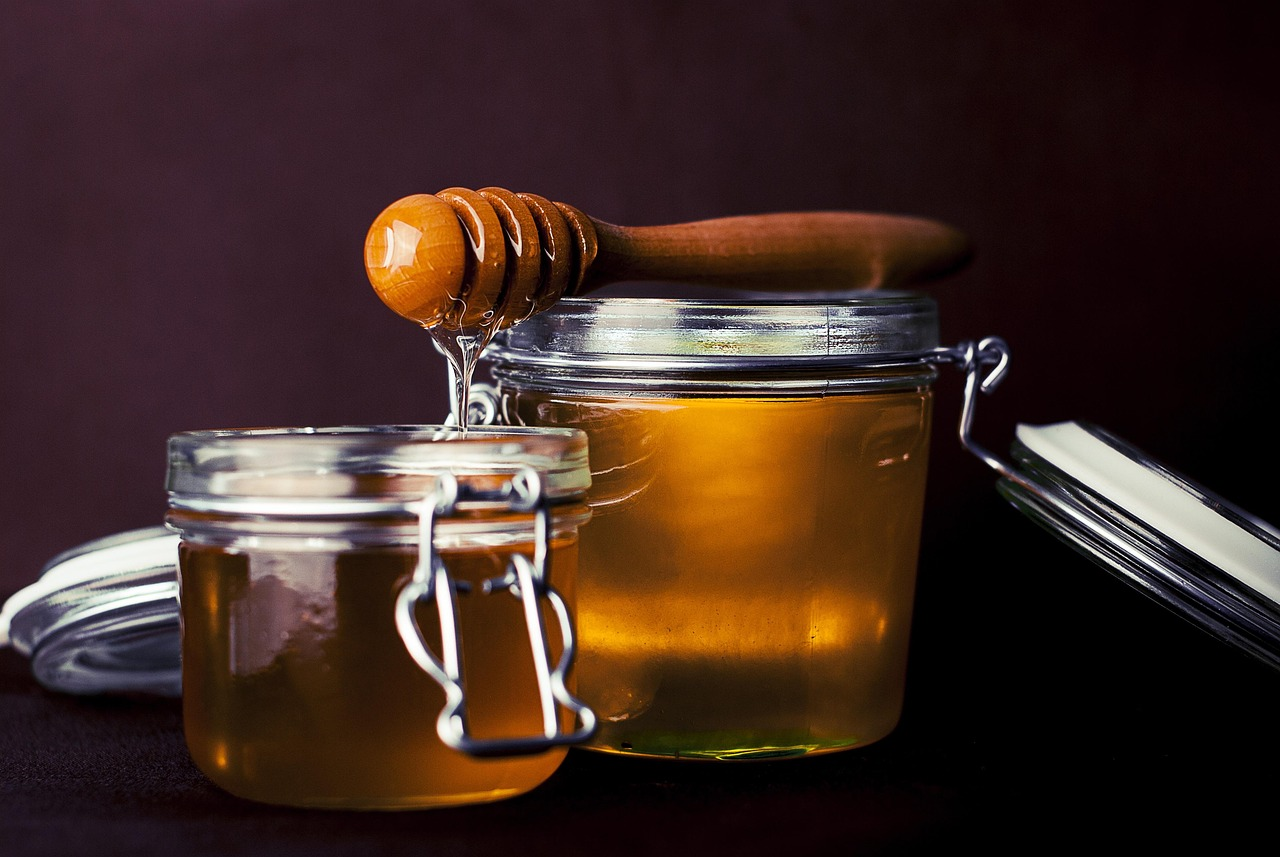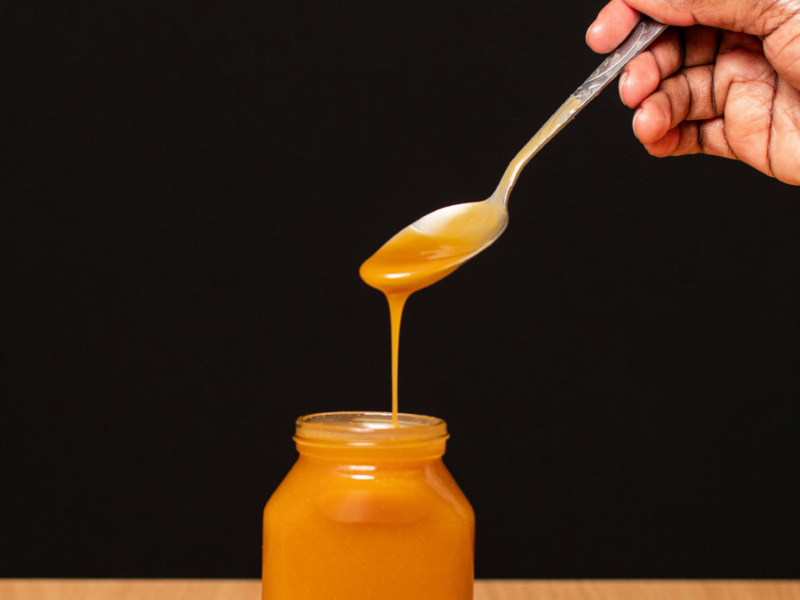🌍 Introduction
Bees are far more than honey producers — they are essential to human survival. These tireless pollinators support ecosystems, enhance biodiversity, and provide nutrient-rich products that strengthen our health in countless ways.
From honey’s antibacterial properties to propolis’ immune-boosting effects, bee products have been part of traditional medicine for thousands of years — and modern science is finally catching up. This article dives deep into how bees and humans share an inseparable health connection, one built on nature’s most powerful symbiosis.
🐝 The Vital Role of Bees in Human Health
Bees contribute to human well-being in two fundamental ways:
- Directly — through their products (honey, propolis, royal jelly, pollen, beeswax).
- Indirectly — through pollination, which sustains over one-third of global food crops.
Every fruit, nut, and seed we consume depends, to some degree, on pollination. Without bees, humanity would face food scarcity, nutrient deficiencies, and collapsing ecosystems.
🍯 Honey: Nature’s Golden Medicine
Honey is one of the oldest natural medicines known to humankind. Ancient Egyptians used it for wound care, while modern studies confirm its antibacterial and antioxidant properties.
Health Benefits of Honey
- Antibacterial Power: Raw honey contains hydrogen peroxide and methylglyoxal (especially in Manuka honey), making it a natural antimicrobial.
- Soothes Coughs and Throat Irritation: Honey coats the throat, relieving discomfort and aiding in recovery.
- Supports Gut Health: Enzymes and prebiotics promote digestion and balance intestinal flora.
- Wound Healing: Applied topically, honey accelerates tissue repair and prevents infection.
🧠 Did You Know?
Archaeologists have discovered pots of perfectly preserved honey in Egyptian tombs — still edible after 3,000 years!

🌿 Propolis: The Bee’s Natural Antibiotic
Propolis, a resinous mixture made by bees from tree sap, acts as the hive’s immune system. It seals cracks, sterilizes the environment, and protects against infection — much like how it benefits humans.
Key Health Benefits
- Strengthens the immune system
- Fights bacterial, viral, and fungal infections
- Promotes oral health (natural mouthwash)
- Reduces inflammation and accelerates wound healing
Modern research suggests propolis compounds may even help inhibit tumor growth and improve immune responses in chronic illnesses.
👑 Royal Jelly: The Queen’s Secret to Longevity
Royal jelly is a nutrient-rich secretion that transforms an ordinary larva into a queen bee. For humans, it’s a powerhouse of vitamins (B-complex), amino acids, and antioxidants.
Health Benefits
- Improves skin health and elasticity
- Boosts energy and endurance
- Regulates hormones and fertility
- Enhances memory and brain function
💡 Tip Box:
Always buy fresh or freeze-dried royal jelly from trusted sources — many cheap supplements are diluted or heat-damaged.

🌸 Bee Pollen: Nature’s Complete Food
Bee pollen is often called a “superfood” because it contains all essential amino acids, vitamins, and minerals necessary for human life.
Benefits
- Improves stamina and recovery
- Reduces allergies (when locally sourced)
- Supports immune function and metabolism
- Enhances liver detoxification
Studies show that bee pollen’s enzymes and antioxidants protect against oxidative stress, making it a powerful ally in modern diets.
🕯️ Beeswax: Healing Beyond the Hive
Beyond candles and cosmetics, beeswax has notable anti-inflammatory and protective properties. When used in balms or creams, it forms a breathable barrier that retains moisture while soothing the skin.
Uses:
- Lip balms and healing salves
- Furniture and wood polish
- Natural food wraps (eco-friendly beeswax wraps)
🍯 Related Articles
🌾 Pollination and Global Health
Bees are responsible for pollinating over 75% of flowering plants and more than 35% of global crops. Their work ensures a steady supply of fruits, vegetables, and seeds — all crucial for human nutrition.
Without bees:
- Global crop yields could drop by up to 40%.
- Malnutrition rates would rise dramatically.
- Ecological systems would destabilize.
🌍 Did You Know?
The economic value of bee pollination is estimated at over $250 billion annually — making bees some of the world’s most valuable workers.
⚠️ Bee Decline and Its Impact on Human Health
Bees face growing threats from pesticides, habitat loss, parasites (like Varroa mites), and climate change. As bee populations decline, so do the foods vital to our nutrition — berries, nuts, avocados, and more.
This isn’t just an ecological issue — it’s a public health crisis.
Consequences of Bee Decline
- Reduced food diversity and nutrient intake
- Increased food prices and insecurity
- Weakened immune systems in human populations
🌱 Sustainable Beekeeping and Eco Health
To protect bees (and ourselves), we must support eco-friendly practices:
- Avoid pesticides and herbicides in gardens
- Plant native, pollinator-friendly flowers
- Support local, ethical honey producers
- Promote reforestation and biodiversity projects
🧠 Did You Know?
A single bee colony can pollinate up to 300 million flowers per day, directly influencing human food systems and health.
🐝 Frequently Asked Questions About Propolis
1. What is propolis and how do bees make it?
Propolis is a sticky resin collected by bees from tree buds and plant sap. Mixed with beeswax and enzymes, it acts as a natural glue to protect the hive from infections.
2. What are the main health benefits of propolis?
Propolis supports the immune system, fights bacteria, viruses, and fungi, and promotes healing and oral health. It’s a natural antioxidant and anti-inflammatory agent.
3. How can I use propolis at home?
Use it as a tincture, balm, mouthwash, or mixed with honey for sore throats. Always test for allergies first.
4. Can I make propolis extract myself?
Yes — soak raw propolis in 70% alcohol for two weeks, then strain it to create a natural tincture.
5. Is propolis safe for everyone?
Generally safe, but people allergic to bee products should avoid it. Consult a doctor before use.
6. What’s the difference between propolis and beeswax?
Propolis is antimicrobial and resin-based, while beeswax is a waxy building material used in honeycomb.
7. How do beekeepers harvest propolis?
Beekeepers scrape it from hive frames or use propolis traps, then clean and freeze it before use.
8. Can propolis help fight colds or infections?
Yes, studies show propolis can reduce cold duration and soothe sore throats due to its antiviral properties.
9. How should propolis be stored?
Store in a cool, dark, and dry place. Properly stored raw propolis lasts several years.
10. Where can I buy real, high-quality propolis?
Buy from local beekeepers or verified natural health stores offering pure, unrefined propolis.
🐝 Conclusion
The relationship between bees and humans is one of deep, biological interdependence. Bees feed us, heal us, and sustain the planet’s life-support systems. Their survival is our responsibility — and our health depends on it.
From the healing properties of honey to the life-giving power of pollination, every buzz reminds us that protecting bees means protecting ourselves.



